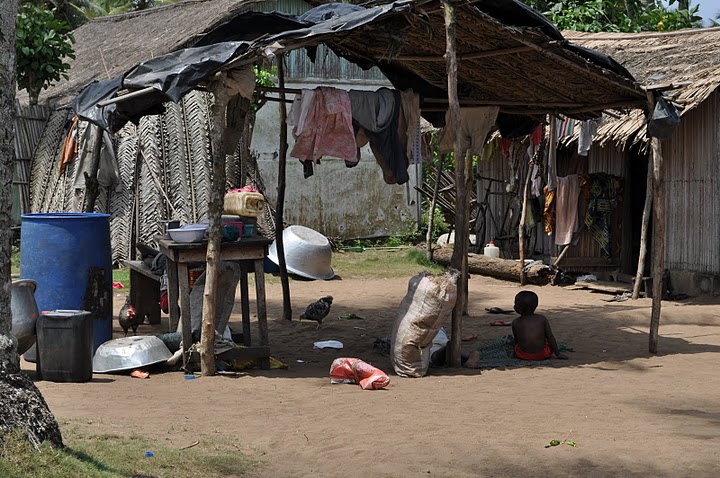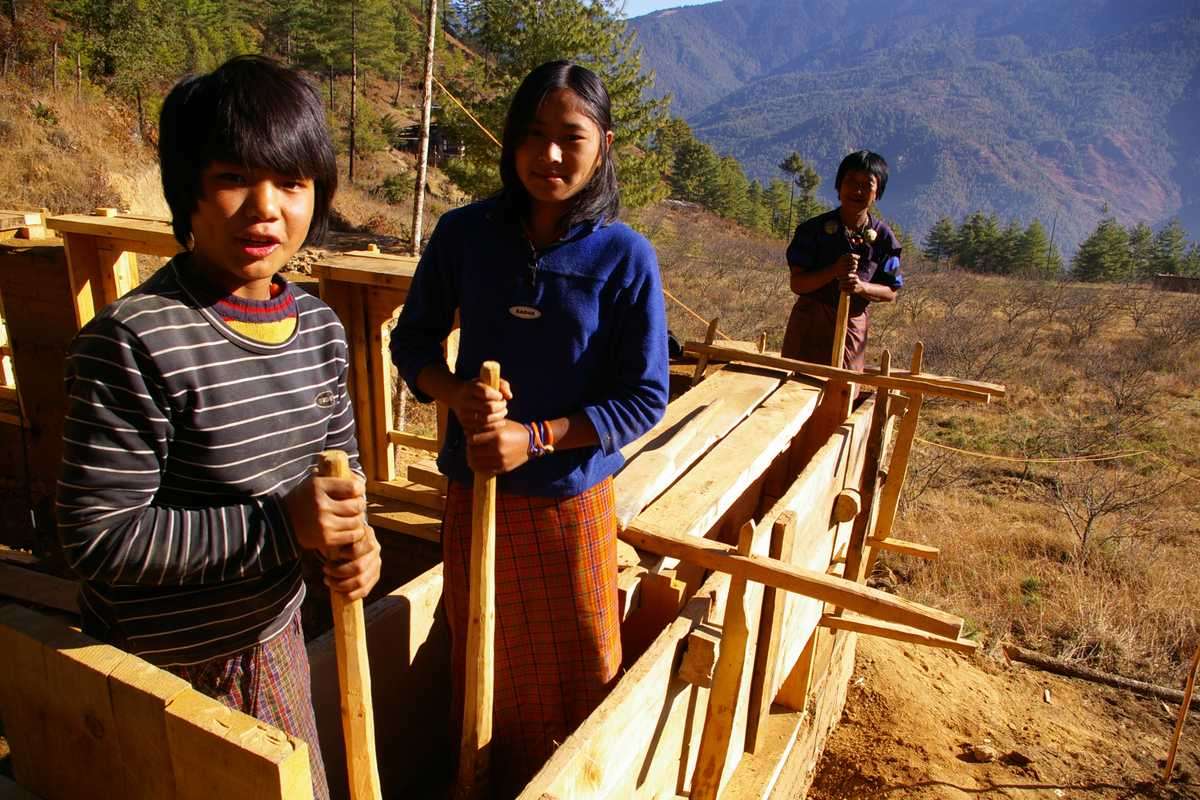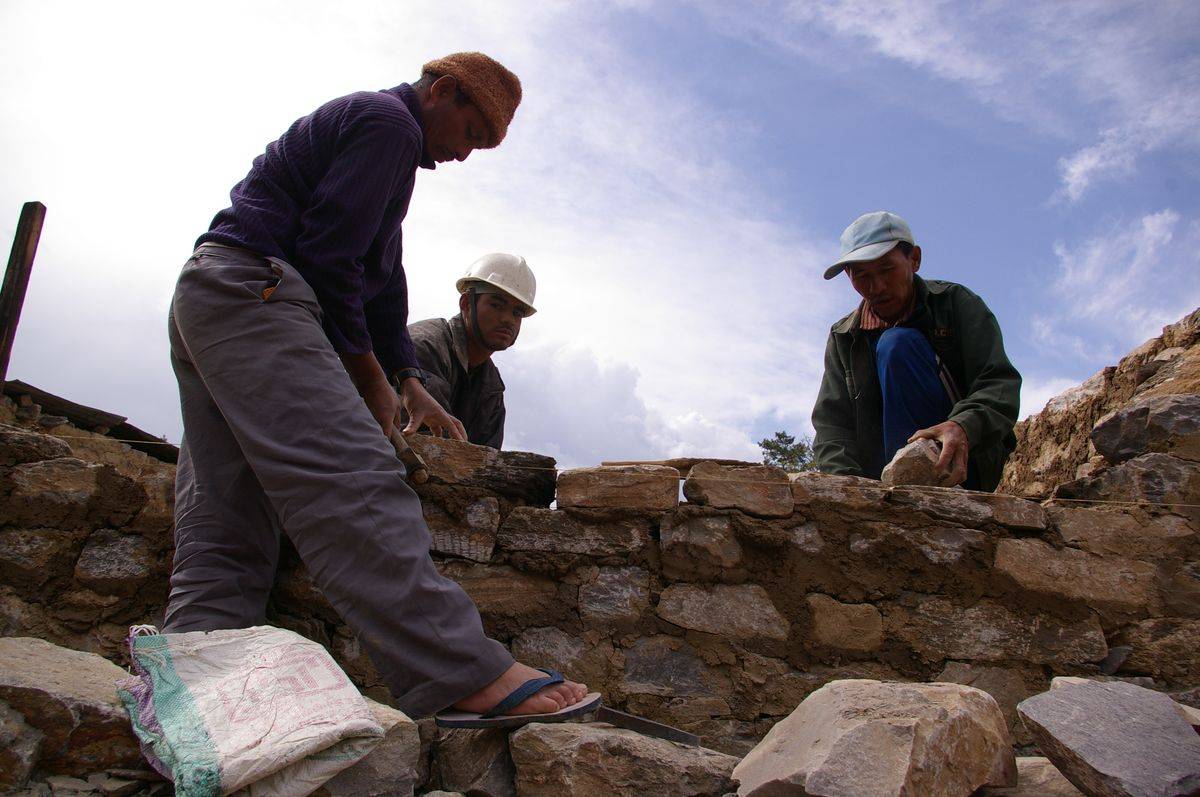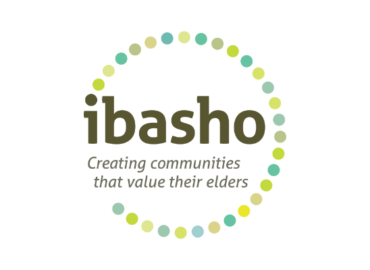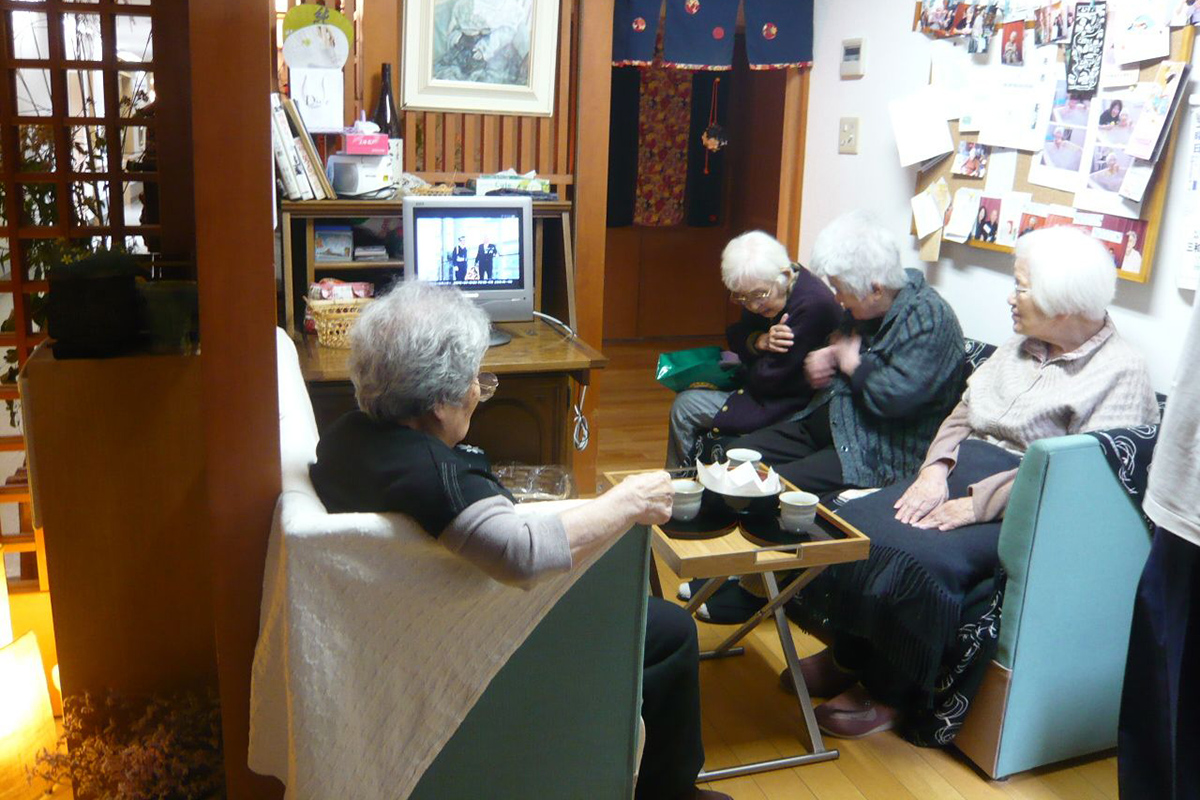Building homes for elders in Africa and Bhutan is exciting, yet challenging as well for many reasons.
First, communication with locals in these areas can be somewhat frustrating because we are so used to the fast pace in our culture. We sometimes forget that their communications are mainly based on meeting in person, instead of using texts or e-mails as we do here. They prefer to talk on the phone or speak in person, which means that things move at a much slower pace than to what we are used to. Maintaining non-virtual communications is a great approach, in a sense, because we are trying to preserve their cultural values. These values are heavily based on personal relationships, which most elders appreciate.
Second, we need to decide how much to maintain their traditional lifestyle and built environment while introducing modern technologies and approaches to care. We would love to see traditions being kept so that elders are well integrated into their communities. However, some traditions can hinder elders and women from being independent. Moreover, local people may prefer modern ways of living and built environments.
Modern technologies are great, but they may get in the way of preserving local traditions and the knowledge and skills that come with the traditions. Once skills and knowledge are lost, they are extremely difficult to bring back. At the same time, we should not impose our fantasized ideas about traditional village life and buildings to the local people.
We constantly struggle with these issues….
Any suggestions?


